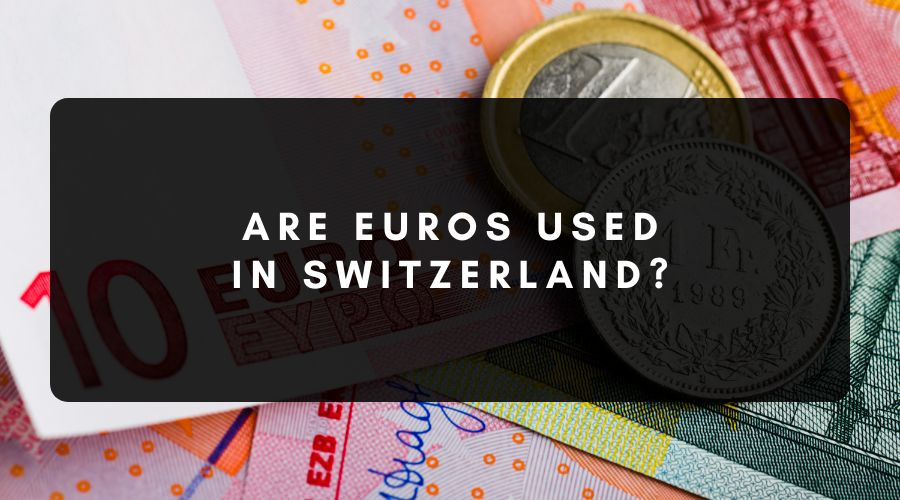Do Swiss Use Euros? A Guide to Currency in Switzerland
Switzerland, nestled in the heart of Europe, is known for its stunning landscapes and thriving economy. But does this picturesque nation use the euro like many of its neighbors? The answer is no. Switzerland maintains its own currency, the Swiss franc (CHF). This guide will explore the intricacies of currency in Switzerland, addressing common questions and offering practical advice for visitors and businesses.
 does Switzerland use the euro
does Switzerland use the euro
Spending Euros in Switzerland: What You Need to Know
While the Swiss franc reigns supreme, euros are often accepted in major tourist hubs. Shops, hotels, and restaurants in cities like Zurich, Geneva, and Lucerne frequently accommodate euro payments. However, be aware that the exchange rate offered might not be favorable, and your change will likely be returned in Swiss francs.
Understanding the Swiss Franc (CHF)
The Swiss franc, denoted by CHF, is the official currency of Switzerland and is renowned for its stability. The Swiss National Bank (SNB) governs monetary policy, ensuring low inflation and contributing to the franc’s strength.
Swiss Franc Denominations: Banknotes and Coins
The Swiss franc circulates in both banknotes and coins:
- Banknotes: Available in denominations of 10, 20, 50, 100, 200, and 1000 francs.
- Coins: Circulate in both francs (1, 2, and 5) and rappen (centimes), with denominations of 5, 10, 20, and 50 rappen.
Doing Business in Switzerland: The Role of the Swiss Franc
For Swiss businesses, the importance of the Swiss franc varies depending on their operations. While crucial for domestic companies and importers, it holds less significance for exporters who often deal in other currencies. Many Swiss companies, particularly those engaged in international trade, utilize multi-currency accounts to facilitate seamless transactions.
A Historical Perspective on Swiss Currency
The Swiss franc boasts a rich history, evolving from a chaotic system with over 860 currencies in circulation to its current unified form. Introduced in 1850, the franc has witnessed significant milestones:
- 1865: Switzerland joined the Latin Monetary Union, adopting the silver standard.
- 1945: The franc was pegged to the US dollar under the Bretton Woods system.
- 2000: Switzerland abandoned the gold standard.
- 2015: The SNB discontinued the euro peg, leading to a surge in the franc’s value.
Currency Tips for Travelers in Switzerland
Navigating currency in Switzerland requires a bit of planning:
- Short Stays: Euros might suffice for brief visits, especially if you already have them.
- Extended Stays: Carrying Swiss francs is recommended for longer trips and venturing beyond major cities.
- Exchange Rates: Be mindful of varying exchange rates offered by different providers.
- Card Payments: Credit and debit cards are widely accepted, but check for potential fees.
- ATM Withdrawals: Using a debit card for ATM withdrawals is generally more cost-effective than using a credit card.
FAQs: Addressing Common Currency Questions
Why Doesn’t Switzerland Use the Euro?
Switzerland is not a member of the European Union and has historically maintained neutrality in European affairs. The Swiss population has repeatedly voted against joining the EU, preserving their sovereignty and retaining the Swiss franc.
Is Doing Business with the EU Easy from Switzerland?
Yes, despite not using the euro, Switzerland enjoys strong economic ties with the EU through bilateral agreements. These agreements provide access to the single market and facilitate seamless trade, evidenced by the substantial volume of imports and exports between Switzerland and the EU.
Are There Other European Countries with Their Own Currency?
Yes, several European countries outside the eurozone, both within and outside the EU, retain their own currencies. Examples include Sweden, Denmark, and the United Kingdom.
Is the Swiss Franc Stronger Than the Euro?
Yes, the Swiss franc is generally stronger than the euro due to Switzerland’s low inflation and stable economy.
What’s the Best Currency to Bring to Switzerland?
Bringing euros or US dollars to exchange upon arrival is viable. However, withdrawing Swiss francs directly from an ATM with a debit card is often the most economical option.
Strategically Managing Currency in Switzerland
Understanding the Swiss franc’s role is essential for both visitors and businesses in Switzerland. While euros are often accepted, using Swiss francs ensures smooth transactions and potentially better exchange rates. Whether exploring the Swiss Alps or engaging in business ventures, familiarizing yourself with Swiss currency contributes to a successful and enjoyable experience.
